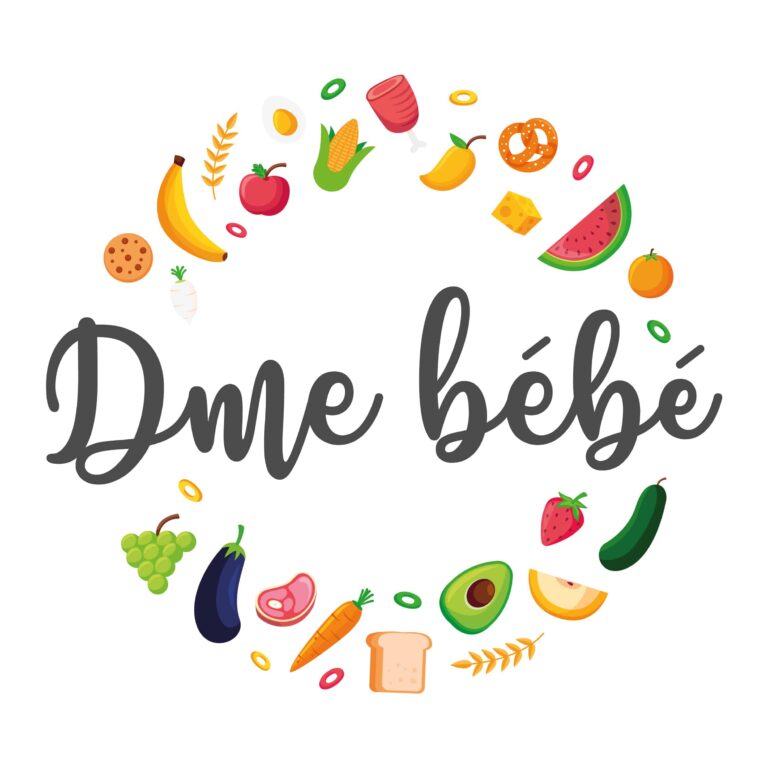The choice to feed your baby according to a vegetarian diet is a personal decision. However, it is important to take into account certain factors to ensure that baby receives all the nutrients he needs for his growth and development.
Is a vegetarian baby in BLW possible?
The food diversification led by the child is not at all incompatible with the vegetarian diet . It will be quite possible to let your vegetarian baby discover food at its own pace by offering them various foods and above all adapted to its evolution .
In BLW , we try to offer baby a beautiful balanced plate , at mealtime, made up of the five food groups: proteins, fats, fruits and vegetables, starchy foods and finally dairy products. However, during a vegetarian diet, proteins are removed from this balanced plate. It will then be important to make sure to replace these proteins with vegetarian foods which bring the same baby intakes just as much!

Replace animal proteins in baby's diet
Proteins are essential in baby's diet because they bring a good source of iron, B12 vitamins as well as Omega 3 . How can you replace animal proteins with a vegetarian alternative which offers the same nutritional contributions to baby? There are several gourmet alternatives perfect for the good development of your little bit. It will be possible to offer baby legumes such as lenses, chickpeas or beans. The egg is also one of the proteins to offer to baby if it follows a vegetarian and non -vegan diet. The last alternative to animal proteins is the tofu that will bring the same contributions!
As a reminder, protein intake in baby's diet should not be too high, because its kidneys are still immature. For a baby under a year old, it is recommended to offer him 10 grams per day . We will go up to 20 grams per day up to two years and finally to 30 grams per day after the 3 years of your little one.
Prevent the possible deficiencies of a vegetarian baby

Like anyone launching into a vegetarian diet, your little one may have some deficiencies . By being well informed, you will have the opportunity to set up everything to prevent your deficiencies! It will be necessary to pay attention to the iron intake, vitamin B12, vitamin D, vitamin C, calcium, omega 3 fatty acids and zinc so that baby can have all the nutrients necessary for its good development.
Iron is very present in animal proteins. By eliminating them from baby's diet, make sure to offer baby -rich food for each meal. We find iron in several foods such as cereals , legumes , green vegetables and eggs .
Like iron, we find zinc in legumes , but also in peanuts like nuts. It will therefore be easy to introduce it into baby's diet.
Calcium will easily find a place in baby's diet since it is present in green vegetables , milk and enriched plant juices .
Regarding the different vitamins , they can easily be found in vegetable alternatives. For example, vitamin C is present in certain fruits and vegetables such as broccoli and strawberries. Vitamin D in margarines and finally vitamin B12 in enriched plant juices . It will be possible to find several alternatives to add these vitamins to baby's diet.
Finally, Omega 3 fatty acids can also be easily found in baby's diet using linen , canola or soy or by offering tofu to baby meal.
It is possible to have a vegetarian baby at home, but it will be necessary to double in prudence and ensure that your little one receives all the nutrients necessary for its good development! And above all, do not hesitate to consult a nutritionist who will best help you to offer baby a rich diet!
Photo: © Moon and the other

